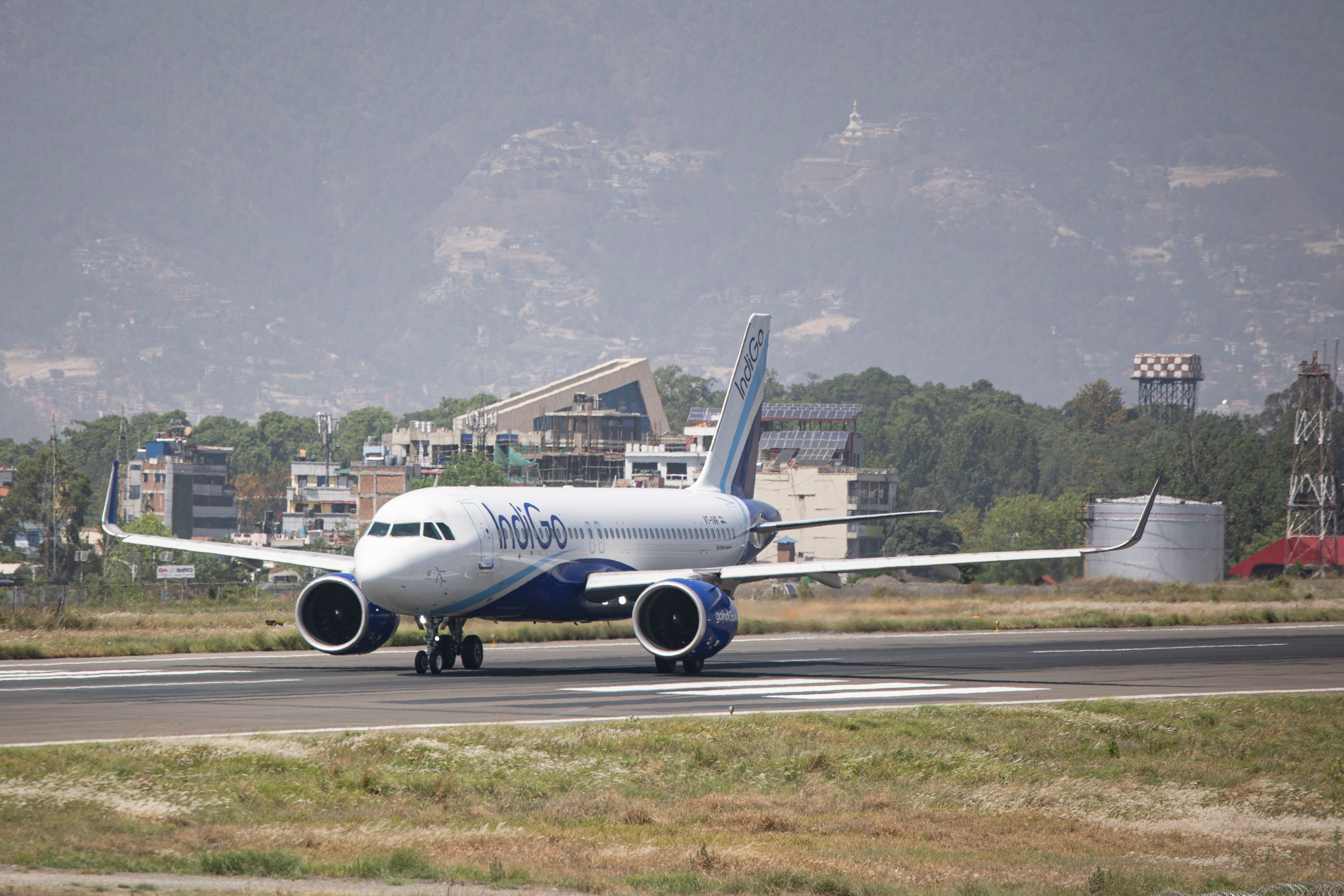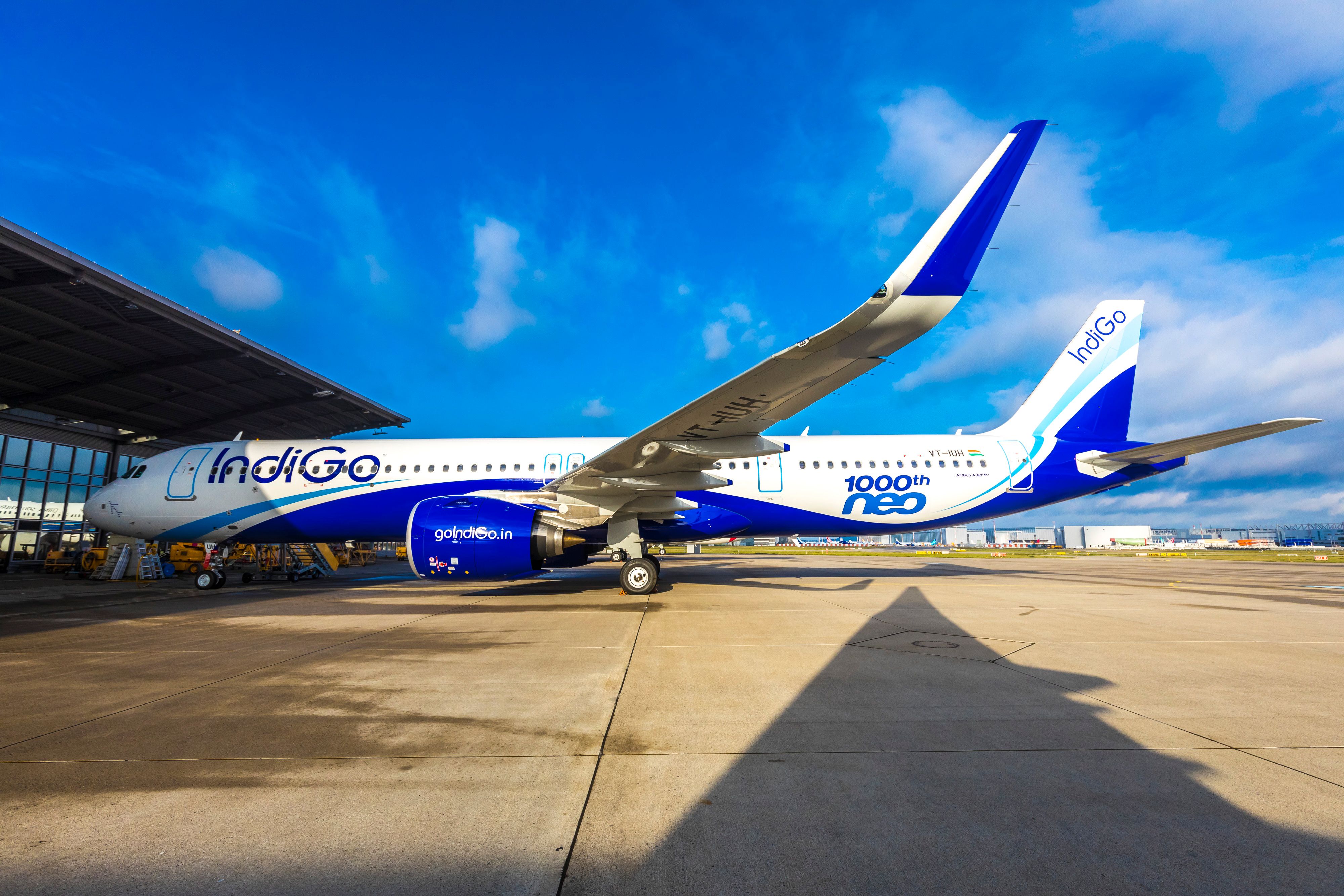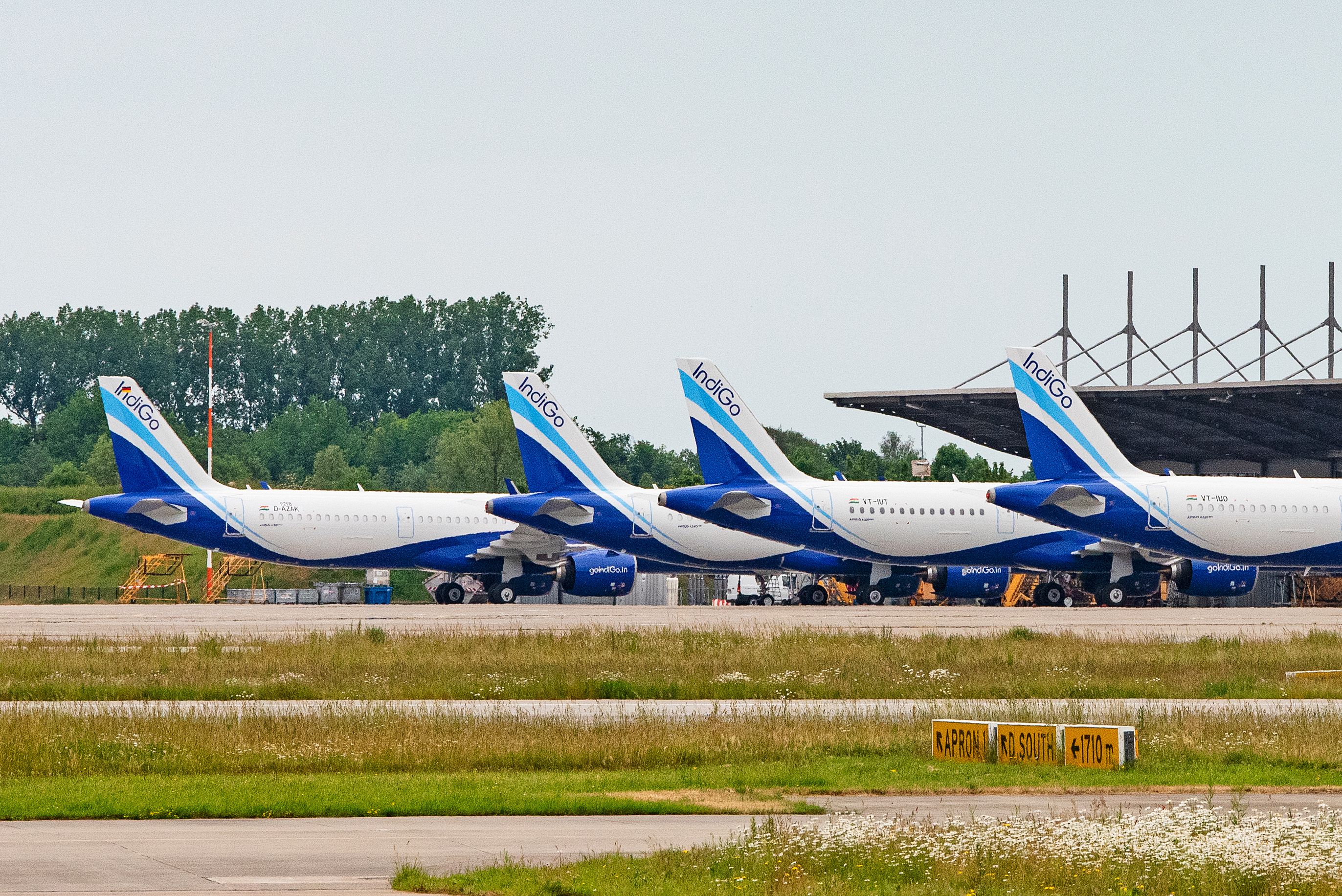In a positive step, the DGCA has eased rules for Indian carriers looking to wet lease aircraft. IndiGo has been permission to operate its leased Turkish Airlines 777s for up to one year, up from the six months previously allowed.
Halfway there
One month after the DGCA rejected IndiGo's request for a two-year wet lease agreement, the regulator has met the airline halfway. Effective now, airlines will be able to file for six month wet lease deals and receive one more six month extension if needed, according to Business Standard. Previously, wet leases were reserved for emergencies and could only be requested on a three-month basis (renewable once).
The one year timeline will give IndiGo more certainty as it draws closer to launching its first 777 route, from Mumbai (BOM) to Istanbul (IST) on January 1st, 2023. The carrier will lease up to three Boeing widebodies from Turkish Airlines as it attempts up capacity and add new routes.
Indian airlines have largely shied away from long-term wet leasing operations, making IndiGo's request a unique one. Once flights take off, we might see the DGCA further loosening restrictions to allow for more regular wet lease agreements by domestic airlines.
One month to go
For the first time in its history, IndiGo will be selling business class tickets to its passengers, and not for a codeshare flight. A wet lease means that the aircraft will be crewed, both pilots and flight attendants, and maintained by Turkish Airlines. However, the flight will be carry an '6E' flight number and sold by IndiGo (among other partners).
The 777 will certainly be a huge upgrade for passengers who have grown accustomed to flying on IndiGo's all-economy A321neos to Istanbul. The new flights have become even important given IndiGo's expanded partnership with Turkish, which now opens the door to 19 European destination via the carrier's hub at the juncture of the Middle East and Europe.
However, the 777s could play a role behind taking over IndiGo's longest route currently. Charter operations, for both cargo and passenger operations, have been popular in recent years, allowing the budgert carrier to test a market it has never step foot in before. While competitor SpiceJet leased several planes duringt the pandemic, it has since returned to its all 737 fleet and isn't planning a long-haul fleet expansion (though it is flying long-haul, with one stop).
Get the latest aviation news straight to your inbox: Sign up for our newsletters today.
Capacity in spotlight
After nearly three years since COVID first hit the aviation market, India is finally closing on 2019 capacity levels. However, this isn't the best news for market leader IndiGo, which has been hit hard by global supply chain shortages in recent months.
Data from Planespotters.net shows that the budget carrier has 21 A320neos and 10 A321neos currently parked and not actively flying. While not all are grounded due to shortages, many are stuck due to a lack of engine supplies globally. This has meant all the existing A320ceos are in active service, as IndiGo scrambles to complete maintenance on these jets and having them flying once more.
For now, keep an eye out as IndiGo navigate the current headwinds and prepares to kick off a new chapter in its history.
What do you think about IndiGo's plans for the winter? Let us know in the comments!
Source: Business Standard, Planespotters.net


.jpg)

